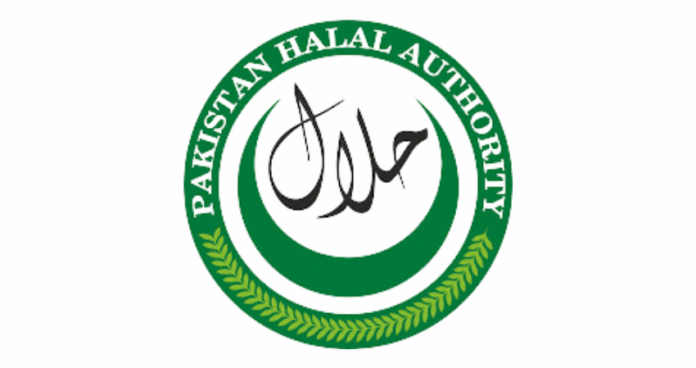ISLAMABAD: The Pakistan Halal Authority (PHA), an attached department of the Ministry of Science and Technology (MoST) that has remained largely dysfunctional for over seven years, has expressed reluctance to merge with the Ministry of National Food Security and Research (MNFSR) as part of the government’s ongoing rightsizing initiative.
The federal government’s rightsizing committee has accelerated its efforts to abolish or merge various ministries, institutions, and government organisations. The Ministry of Science and Technology, like other ministries, has been instructed to submit a report regarding the abolishment or merger of its attached departments. However, the PHA, established in 2016 is still not fully functional. PHA has raised objections to merging with another ministry, citing several reasons.
A memorandum issued on September 2, 2024, from the PHA detailed its objections to the proposed transfer to the MNFSR. The memo highlighted that the PHA’s functions align more closely with the MoST than the food ministry. It emphasised that the MoST is mandated by the Rules of Business, 1973, to develop product standards and ensure quality assurance through its affiliated organisations, including the Pakistan Standards and Quality Control Authority (PSQCA), National Metrology Institute of Pakistan (NMIP), and the Pakistan National Accreditation Council (PNAC).
The PHA further argued that its mandate extends beyond halal food to cover halal certification for other industries, such as cosmetics, textiles, leather, and pharmaceuticals. Given this broader scope, the PHA contends that it should remain under the MoST, where there is a more natural alignment with other organisations like the PSQCA, which has been developing halal standards since 1996, and PNAC, which accredits certification bodies, including those registered by the PHA.
Constitutional and Legal Standpoints:
The PHA memorandum also cited constitutional and legal precedents to support its position. Under the Constitution of Pakistan, 1973, standardisation is a federal subject, with the legislative list specifying that the “standards of quality of goods to be exported from Pakistan” and “establishment of standards of weights and measures” are federal responsibilities.
The Rules of Business, 1973, further outline that the MoST is tasked with standardisation and quality assurance, while the MNFSR’s mandate is limited to ensuring food supply, managing food imports and exports, and conducting agricultural research, all of which are provincial subjects.
The PHA also pointed to the PSQCA Act, 1996, which established the PSQCA as the only national standards body in Pakistan. The PSQCA’s Halal Division, operational since 2016, has already developed halal standards for over 1,000 food products and processes. The PHA’s reliance on PSQCA for halal standards, along with the support of PCSIR’s halal testing facilities, underscores the authority’s need to remain within the MoST.
The PHA further warned that transferring it to the MNFSR would require amending its foundational act, which designates the Federal Minister for Science and Technology as the chairman of its Board of Governors (BoG). Any such transfer would stall the convening of BoG meetings, thereby hampering the authority’s core activities.
Implications of Transfer:
The PHA’s memorandum emphasised that if it is transferred to the food ministry, its act and structure would require amendments, potentially disrupting its operations. The authority currently relies on a third-party certification system, in line with international best practices, and moving it to the MNFSR would complicate its certification processes for non-food sectors.
Additionally, PNAC, as the national accreditation body, is responsible for accrediting halal certification bodies, of which it has accredited 11 so far. The PHA’s integration with the MoST facilitates this process, ensuring that it operates in line with both national and international standards.
Given these considerations, the PHA has requested the government to reconsider its proposed merger with the MNFSR, arguing that its functions are more aligned with the MoST’s mandate of standardisation and quality assurance across various sectors.




